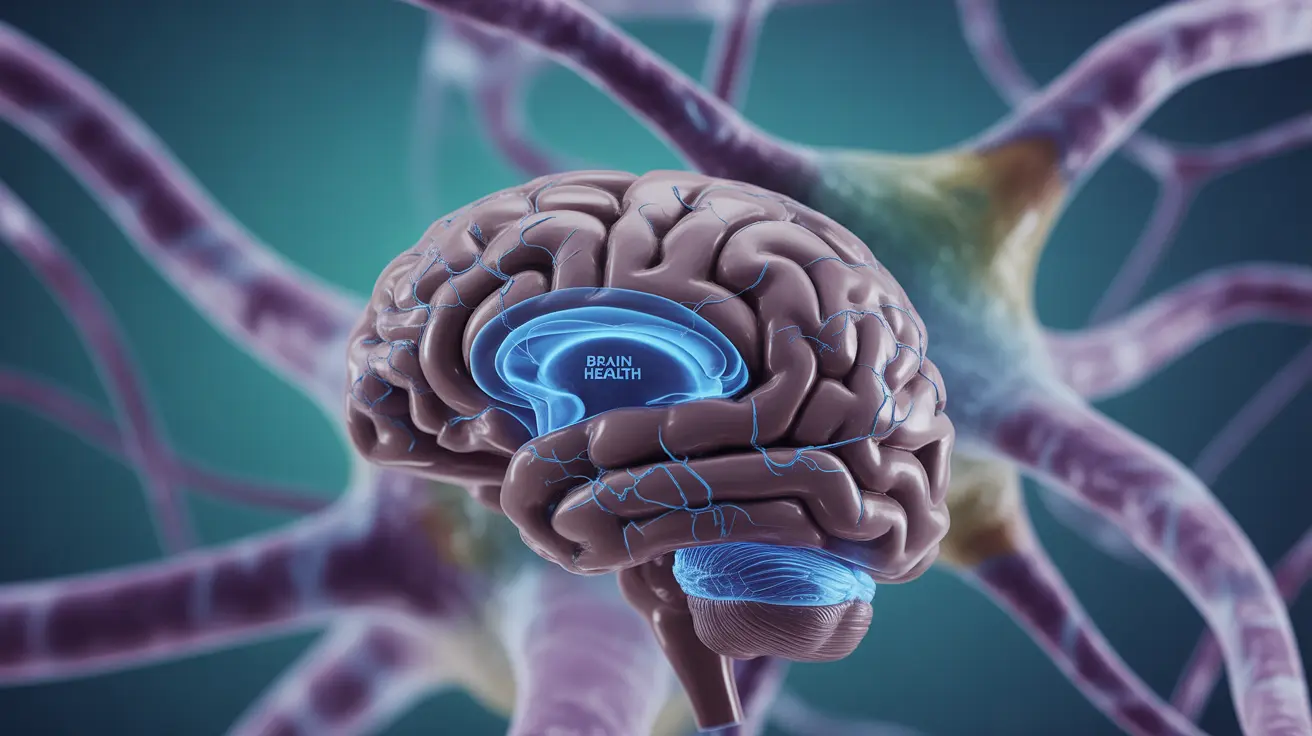Many people have heard the common belief that drinking alcohol kills brain cells, but the relationship between alcohol and brain health is more complex than this simple statement suggests. Understanding how alcohol affects our brain is crucial for making informed decisions about drinking and protecting our cognitive health.
While alcohol doesn't directly kill brain cells in most drinking scenarios, it can cause significant damage to the brain through various mechanisms. Let's explore the scientific evidence behind alcohol's effects on brain function and structure.
How Alcohol Affects Brain Cell Communication
Alcohol primarily disrupts the communication between brain cells rather than killing them outright. When alcohol enters the bloodstream, it interferes with the neural pathways in several ways:
- Disrupts neurotransmitter balance
- Affects the cell membranes' ability to send signals
- Slows down communication between neurons
- Impairs the formation of new neural connections
These changes explain why people experience immediate effects like slurred speech, poor coordination, and impaired judgment when drinking.
Immediate Effects of Alcohol on Brain Function
When alcohol enters the bloodstream, it quickly reaches the brain and begins affecting various cognitive functions:
- Delayed reaction time
- Reduced inhibitions
- Memory impairment
- Difficulty concentrating
- Balance problems
- Altered emotional responses
These effects typically increase in severity as blood alcohol concentration rises, potentially leading to blackouts or loss of consciousness in severe cases.
Long-term Impact of Heavy Drinking
Chronic alcohol abuse can lead to lasting changes in brain structure and function:
- Shrinkage of brain tissue
- Damage to white matter connections
- Reduced brain volume
- Impaired cognitive abilities
- Increased risk of dementia
- Development of Wernicke-Korsakoff syndrome
Heavy drinkers may experience persistent cognitive difficulties even after stopping alcohol consumption, though some damage may be reversible with abstinence.
Brain Recovery After Stopping Alcohol
The brain shows remarkable ability to heal when alcohol consumption stops. Research indicates that:
- New neural connections can form
- Brain volume may partially recover
- Cognitive function often improves
- Memory and attention span can strengthen
- Executive function may return to normal levels
The extent and speed of recovery depend on factors such as age, overall health, and the duration and severity of alcohol use.
Special Concerns for Vulnerable Groups
Certain populations face higher risks from alcohol's effects on the brain:
Developing Brains
Teenagers and young adults are particularly vulnerable because their brains are still developing. Alcohol can interfere with normal brain development, potentially causing long-lasting effects on cognitive function and emotional regulation.
Prenatal Exposure
Alcohol consumption during pregnancy can lead to severe developmental issues in the fetal brain, potentially resulting in Fetal Alcohol Spectrum Disorders (FASD).
Frequently Asked Questions
Does alcohol actually kill brain cells or just damage their connections? Alcohol primarily damages the connections between brain cells rather than killing them directly. However, excessive long-term use can lead to brain cell death through various mechanisms, including nutritional deficiencies and toxic effects.
What are the short-term effects of alcohol on brain function and behavior? Short-term effects include impaired judgment, slurred speech, poor coordination, memory problems, and altered emotional responses. These effects are primarily due to alcohol's interference with neural communication.
How does long-term heavy drinking affect the structure and size of the brain? Long-term heavy drinking can lead to reduced brain volume, damaged white matter connections, and shrinkage of specific brain regions. These changes can affect cognitive function, memory, and emotional regulation.
Can the brain recover from alcohol-related damage if someone stops drinking? Yes, the brain can recover significantly when alcohol use stops. New neural connections can form, brain volume may partially restore, and cognitive functions often improve, though complete recovery depends on various factors.
Why is alcohol particularly harmful to the developing brains of teenagers and unborn babies? Developing brains are more vulnerable to alcohol's effects because they are still forming crucial neural connections. In teenagers, alcohol can disrupt normal brain development, while prenatal exposure can cause permanent developmental issues and FASD.




